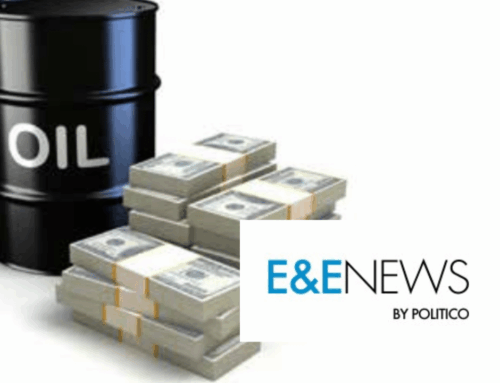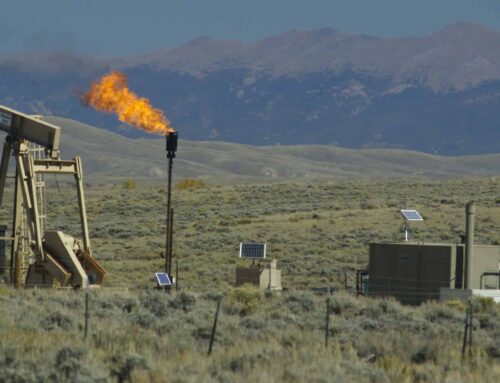The House Science, Space, and Technology Subcommittee on Energy and Environment held a hearing November 30th to discuss the development of unconventional fuels in the United States, specifically the bill: “Tapping America’s Energy Potential Through Research and Development Act of 2012.” Introduced by Representative Ralph Hall [R-TX] and recently co-sponsored by Rep. Jim Matheson [D-UT], the bill aims to provide more than $100 million in new research and development (R&D) funds for unconventional fuels including $50 million for oil shale R&D over the next five years in an attempt to demonstrate the technical and economic viability of oil shale production.
Unfortunately, this giveaway to unconventional fuels—particularly oil shale—amounts to just one more taxpayer-backed subsidy for an industry which has already enjoyed billions in federal support over the past century—as detailed in our recent report entitled “Subsidizing Oil Shale: Tracking Federal Support for Oil Shale Development in the United States.” The federal government should not be in the business of propping up speculative energy sources—especially in these tight budget times.
The bill—H.R. 6603—would direct $10 million per year for FY2013-2017 to oil shale R&D and authorize the Department of Energy (DOE) to provide grants, cost-shares, contracts, or any other assistance to a number of public and private entities in an attempt to bring oil shale production technology to commercial scale.
During the hearing, Representatives Brad Miller [D-NC], David Curson [D-MI], and Dana Rohrabacher [R-CA] questioned the witnesses regarding the reasoning and feasibility of the proposed oil shale subsidies.
Rep. Miller stated that “although [oil shale] has been researched to within an inch of its life, it’s not commercially viable.” He added that if further investments by DOE in unconventional fuels such as oil shale are a ‘slam dunk’ for U.S. taxpayers, why isn’t private industry investing? Rep. Curson followed by asking why DOE should be “rolling out taxpayers’ dollars” to pay for R&D to create additional profit for an already profitable industry? In 2011 alone, the top oil and gas companies made more than $150 billion. Unconventional fuels such as oil shale have been around for years and the oil and gas industry has decided not to develop them because they are not economically viable, said Rep. Curson.
Rep. Rohrabacher finished by raising the question of what are U.S. taxpayers receiving in return for R&D investments in unconventional fuels. “If we invest in the development technology for [the oil and gas] industry and that technology reaps a big reward… shouldn’t taxpayers be owners of that technology? And how much have we received back from our investments in the past?” asked Rep. Rohrabacher.
These are the right questions to ask and the answers are pretty clear. Over the past century, billions have been risked on oil shale R&D and taxpayers have nothing to show for it. We can no longer afford to go down that road.
Witnesses appearing at the hearing included: Dr. Anthony Cugini, DOE National Energy Technology Laboratory; David Martineau, Texas Independent Producers and Royalty Owners Association; Dr. Daniel Hill, Texas A&M University; and Michael Hagood, Idaho National Laboratory.










